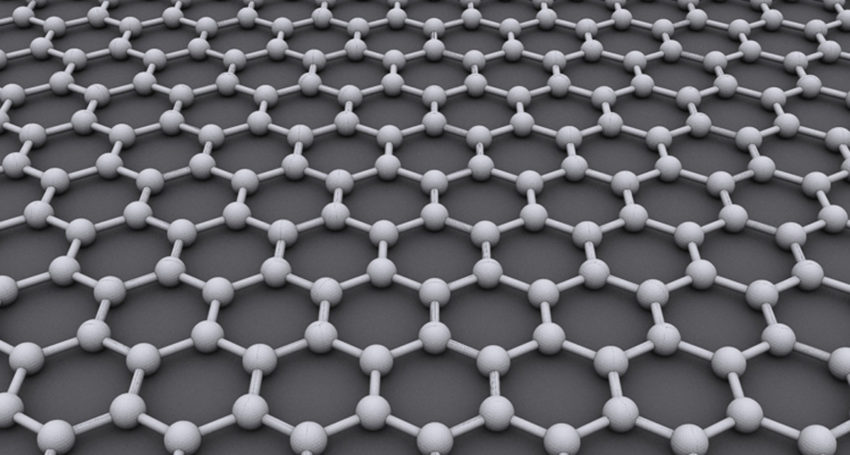Graphene-based sensors being developed to detect disease
Hi-Tech
Sparc Technologies Limited has established a biomedical project to detect human and animal diseases via graphene-based breath sensors.

Sign up to receive notifications about new stories in this category.
Thank you for subscribing to story notifications.

Based in Adelaide, South Australia, Sparc has partnered with the University of Adelaide to develop non-invasive sensing devices to detect disease in humans and animals.
Sparc’s new graphene biomedical division will research graphene-based sensing devices used to detect volatile organic compounds (VOCs).
VOCs are understood to be indicators of disease and are present in exhaled breath.
Sparc’s intention is to produce these sensors so they can be integrated with existing diagnostics tools or other portable electronic devices, such as smartphones.
The project will be directed by Ben Yerbury, the Technical Consultant for the new biomedical division.
Sparc Executive Chairman, Stephen Hunt said Yerbury will provide critical expertise for Sparc on this initial biomedical project that aims to target the detection of life-threatening diseases with the use of non-invasive sensing devices.
“We look forward to pioneering new technologies and applications for this revolutionary material and will seek to continue to be at the forefront of graphene,” Hunt said.
Sparc representative Mark Flynn says the project will begin in the first quarter of 2021 and will “continue for some time”.
Graphene can be used to detect VOCs in minute quantities due to its fundamental physicochemical properties and uniquely large surface area.
Sparc aims to use these properties with the aim of isolating them and identifying a section of specific compounds that are bio-markers for particular diseases.
Subject to initial findings, the project will include the development of lab-scale sensing devices and an initial evaluation of their sensing performance.
Flynn said that, if successful, Sparc will possess vital technology for commercialisation in medical markets and could have profound consequences for the early detection of diseases, especially transmissible acquired diseases or neoplastic diseases such as cancer.
“Sparc has a great track record with the University of Adelaide in regard to projects using graphene,” Flynn said.
The University of Adelaide is a leading institution in the field of graphene research and its partnership with Sparc will allow a focus on commercialising graphene-based technologies for large industrial markets.
Sparc is also working with the university to develop a range of graphene-based additives for use in marine and protective coatings.
Jump to next article



